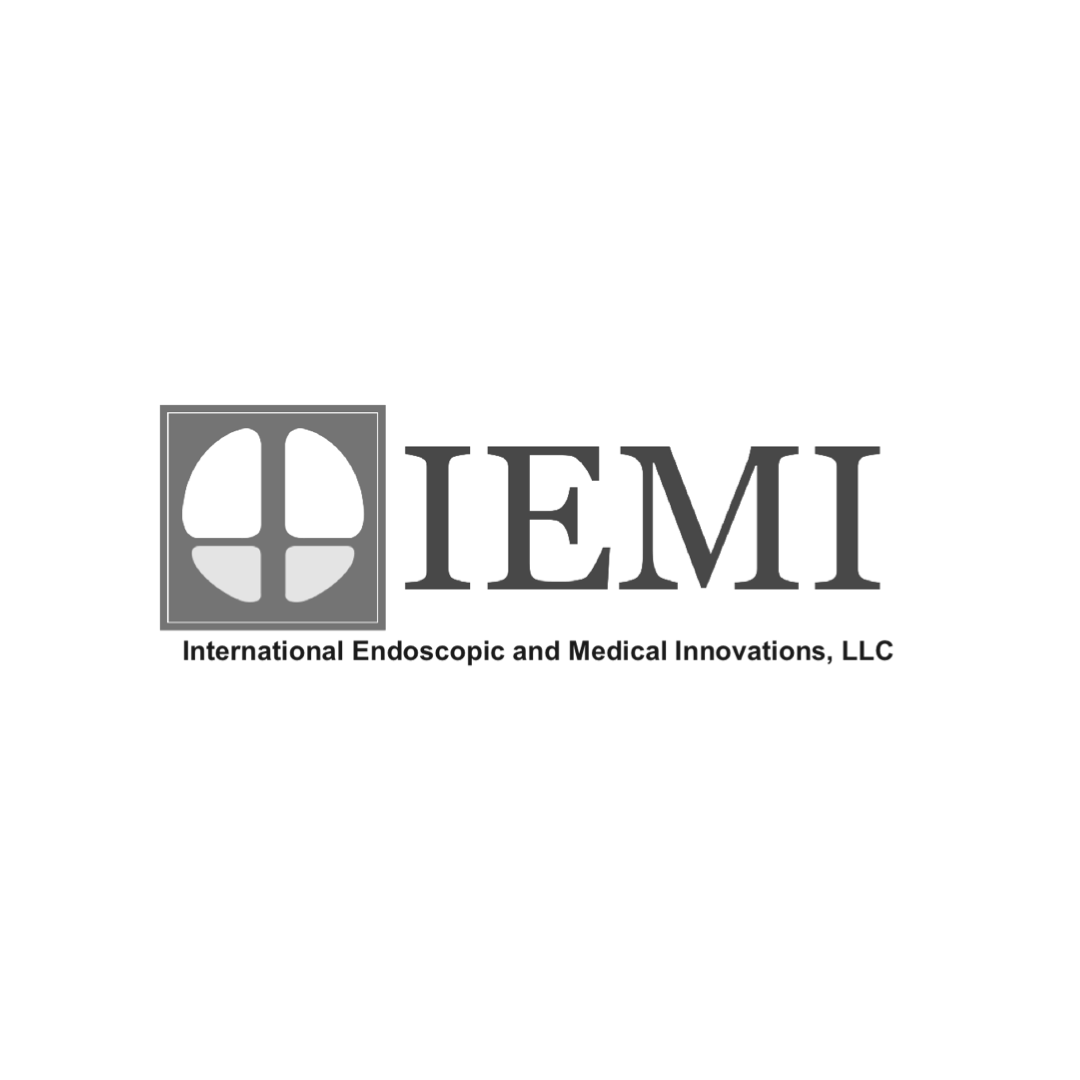Methodology
sars-Cov-2 (COVID-19)
METHODOLOGY
The following text comes from the FDA’s letter to healthcare providers on the use of serological (antibody) tests for COVID-19. It provides a thorough explanation on what is antibody testing and how does it work:
“Serological tests detect antibodies present in the blood when the body is responding to a specific infection, like COVID-19. They detect the body’s immune response to the infection caused by the virus rather than detecting the virus itself. Experience with other viruses suggests that individuals whose blood contains antibodies associated with SARS-CoV-2 infection —provided they are recovered and not currently infected with the virus— may be able to resume work and other daily activities in society. They may also be eligible to serve as potential donors of convalescent plasma.
In the early days of an infection, when the body’s immune response is still building, antibodies may not be present in detectable levels. This limits the test’s effectiveness for diagnosing COVID-19 and is why it should not be used as the sole basis to diagnose COVID-19.
Currently authorized serological tests for SARS-CoV-2 measure IgM and/or IgG antibodies. Since IgM antibodies may not develop early, or at all, in infected patients, this type of antibody test is not used to rule out SARS-CoV-2 in an individual.
Since IgG antibodies generally do not develop until later, this type of antibody test, even though it is more specific to SARS-CoV-2, is not used to rule-out SARS-CoV-2 infection in an individual. Likewise, it is also not known how long IgM or IgG antibodies to SARS-CoV-2 will remain present in the body after the infection has been cleared.
While antibody tests by themselves are of limited value in the immediate diagnosis of a patient where COVID-19 infection is suspected, using this type of test on many patients may help the medical community better understand how the immune response against the SARS-CoV-2 virus develops in patients over time and how many people may have been infected.
While there is a lot of uncertainty with this new virus, it is also possible that, over time, broad use of antibody tests and clinical follow-up will provide the medical community with more information on whether or not and how long a person who has recovered from the virus is at lower risk of infection if they are exposed to the virus again.
Serological tests can play a critical role in the fight against COVID-19 by helping health care professionals identify individuals who may have been exposed to SARS-CoV-2 virus and may have developed an immune response. In the future, this may potentially be used to help determine, together with other clinical data, whether these individuals are less susceptible to infection.”
For more information, please click on the following links:
BEHAVIORAL PATTERN OF ANTIBODIES
STRATEGIC PARTNERS



